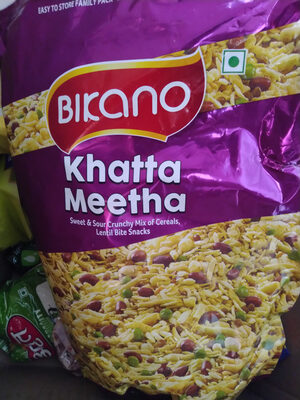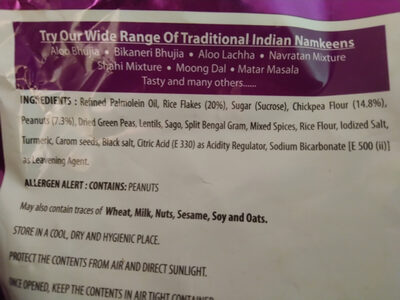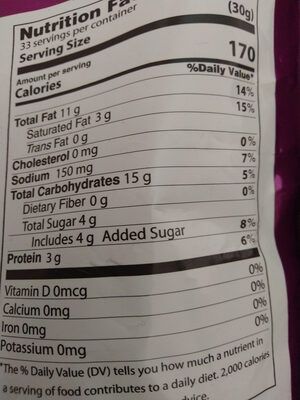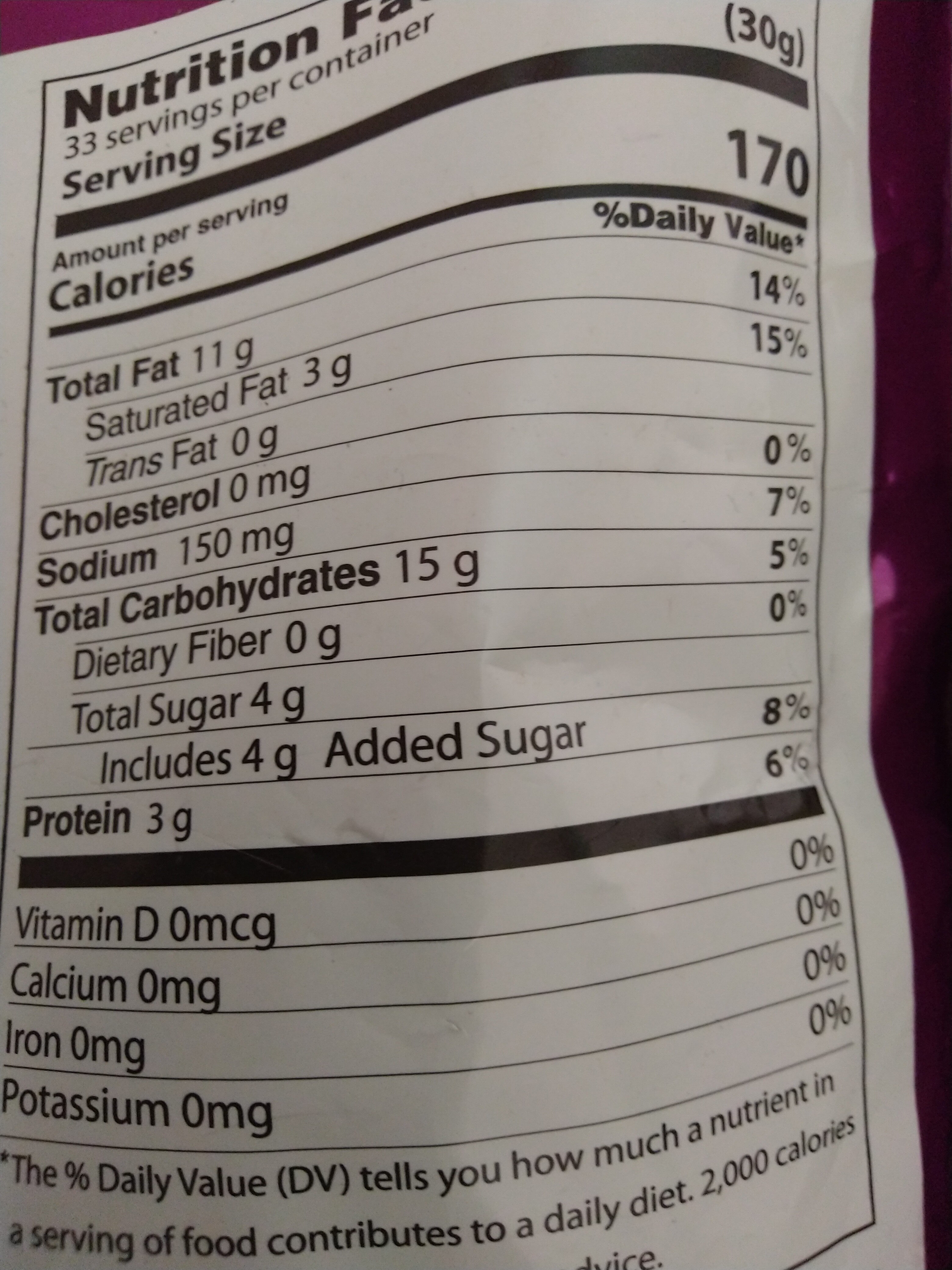Khatta Meetha - Bikano - 1kg
This product page is not complete. You can help to complete it by editing it and adding more data from the photos we have, or by taking more photos using the app for Android or iPhone/iPad. Thank you!
×
Barcode: 12803286
Quantity: 1kg
Packaging: Plastic
Brands: Bikano
Categories: Crunchy snacks
Origin of ingredients: India
Manufacturing or processing places: India
Countries where sold: India
Matching with your preferences
Environment
Packaging
Transportation
Threatened species
Report a problem
Data sources
Product added on by priyanshu
Last edit of product page on by packbot.
Product page also edited by openfoodfacts-contributors.
If the data is incomplete or incorrect, you can complete or correct it by editing this page.










